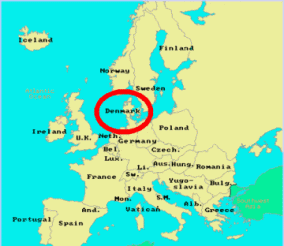
The internet lit up last week on the publication of an official warning letter from Alonza Cruse, Director, Office of Pharmaceutical Quality Operations, Office of Regulatory Affairs, to John H. Hammergren, CEO of McKesson Corporation, for violations of the Drug Supply Chain Security Act (DSCSA). I’ve written about this situation before, back when the original FDA 483, notice of “inspectional observations”, was originally published (see “McKesson’s DSCSA 483 Explained”), but this new letter provides many more details of the incidents that led to that original notice, including some details of McKesson’s follow-up communications regarding the situation.
Continue reading FDA Hammer Comes Down On McKesson For DSCSA Violations






